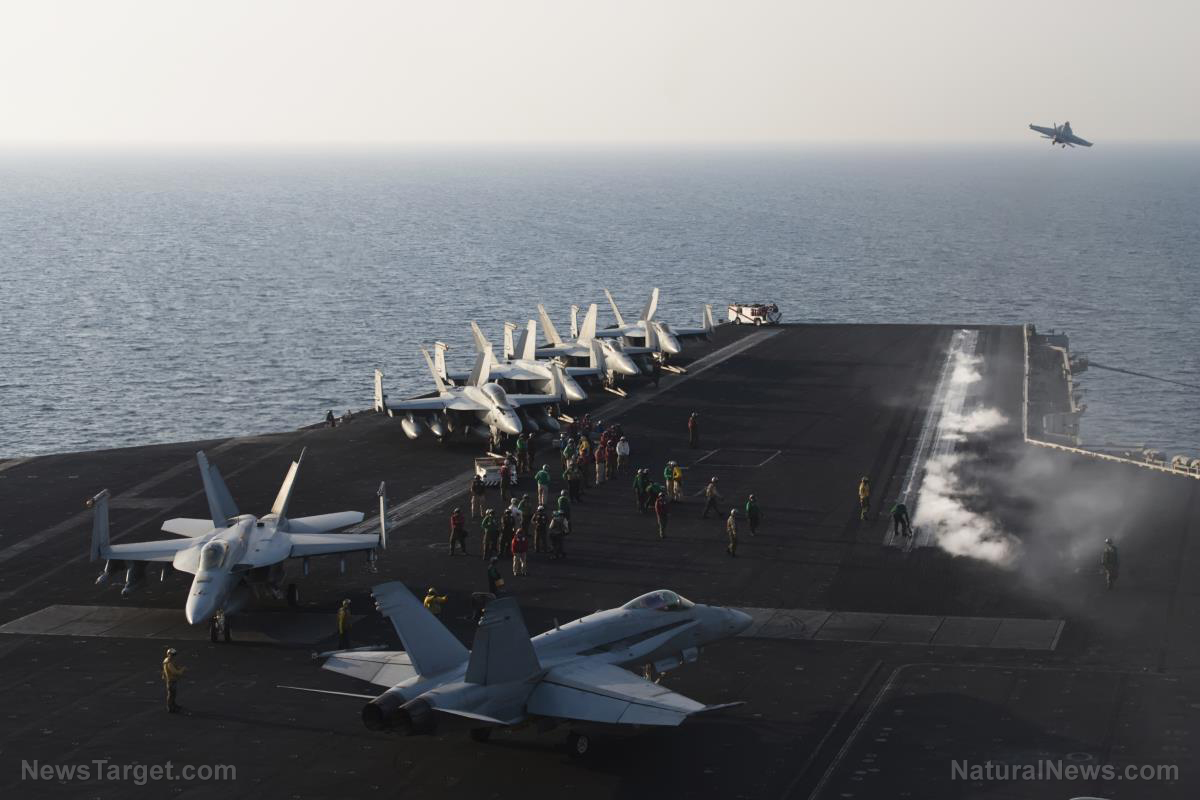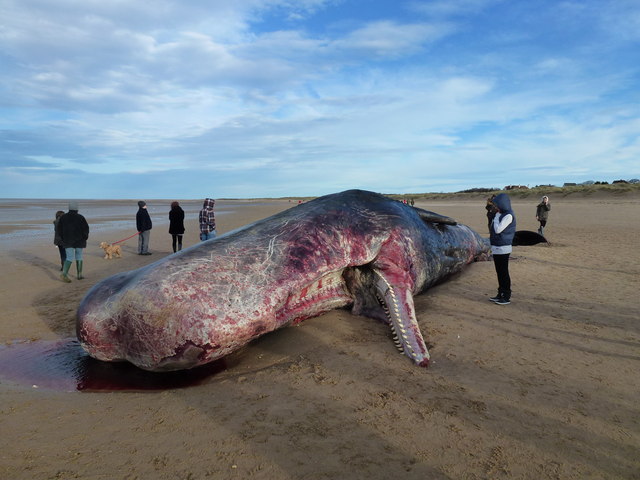Outgoing NAF Atsugi commander warns: U.S. and its allies face DANGEROUS TIMES in Western Pacific
08/30/2023 / By Richard Brown

The U.S. and its allies face “amazingly dangerous times” in the Western Pacific region due to “authoritarian and totalitarian” regimes in the region, according to the outgoing commander of a Navy air facility near Tokyo.
“Unfortunately, our deterrence efforts are arguably not working, and as a result, nothing less than our way of life as underwritten by the rules-based international order is directly under assault,” Navy Capt. Manning Montagnet said during a turnover ceremony inside hangar 1430 of the Naval Air Facility (NAF) Atsugi.
Navy Capt. Nicolas Leclerc, who was previously a member of the International Military Staff at NATO headquarters in Belgium, was named Montagnet’s successor as NAF Atsugi commander.
Flanked by an MH-60 Seahawk helicopter and a Navy C-12 turboprop, Montagnet spoke before an audience of 200 and warned that military deterrence may not be working. He named North Korea, Russia and China as “three of the top five adversaries,” and noted their proximity to Japan. (Related: WWIII looms: Biden administration working on another PROXY WAR involving Taiwan and China.)
“But here’s the thing: They have to go through us first. They have to take on our alliances, our friendships, our shared common values, our technology and know-how,” he said. “We’ve already begun our pivot. We’re training differently – more jointly, more comprehensively – in order to take on the task before us. This base, this installation, is an ever-increasing part of that effort.”
NAF Atsugi a vital military hub in the region
NAF Atsugi is like a power center for planes and helicopters. A facility shared with the Japan Maritime Self-Defense Force, the base is located about 16 kilometers west of Yokohama and about 36 kilometers southwest of Tokyo.
Covering an area of 1,249 acres, it is a critical logistics and maintenance hub and home to Fleet Air Western Pacific. Three Navy helicopter squadrons — two maritime strike squadrons and one sea combat — are stationed there.
NAF Atsugi has runways, taxiways and hangars, making it ready for all kinds of planes, from fighters to transport ones. The base is home to U.S. Navy and Marine Corps squads that do important missions like patrolling the seas and carrying out strikes.
The base also helps aircraft carriers do their job by providing a place for planes to take off and land safely. It was a major naval base during both the Korean War and Vietnam War.
Montagnet, who took command of the base in September 2020, told Stars and Stripes that he envisions NAF Atsugi playing a “major supportive role” in deterring regional conflict. He will relocate to the Navy Region Mid-Atlantic in Norfolk, Virginia after his stint in Japan.
Leclerc, on the other hand, is hoping to build on his predecessor’s successes and to make NAF Atsugi “relevant” to the challenges. “We have concerns with some of the neighbors near Japan,” he told Stars and Stripes. “Our goal is to represent the U.S. and provide the requirements in a supportive role, as mentioned, that are necessary for the U.S. to meet its goals.”
The new commander of NAF Atsugi graduated from the U.S. Naval Academy in 2000 with a degree in computer science. He has logged over 2,300 flight hours piloting both the MH-53E Sea Dragon and MH-60S Seahawk helicopters. Leclerc’s past assignments include tours as the executive officer and commander of Helicopter Sea Combat Squadron 21 in San Diego, and the commissioning air officer aboard the amphibious assault ship USS Tripoli.
Visit NationalSecurity.news for more stories like this.
Watch retired Col. John Mills warning the public that China’s Navy is now larger than that of the U.S. below.
This video is from the GalacticStorm channel on Brighteon.com.
More related stories:
Cover-up? U.S. Navy says it detected Titan sub implosion DAYS ago.
Navy secretary admits crisis in U.S. defense stockpiles: ‘Decision to arm ourselves or arm Ukraine’.
Sources include:
Submit a correction >>
Tagged Under:
big government, chaos, Dangerous, Japan, Manning Montagnet, military facility, military installation, military technology, national security, Naval Air Facility Atsugi, navy, Nicolas Leclerc, preparedness, self-defense, United States, weapons technology, Western Pacific, WWIII
This article may contain statements that reflect the opinion of the author
RECENT NEWS & ARTICLES
COPYRIGHT © 2017 PENSIONS NEWS




















